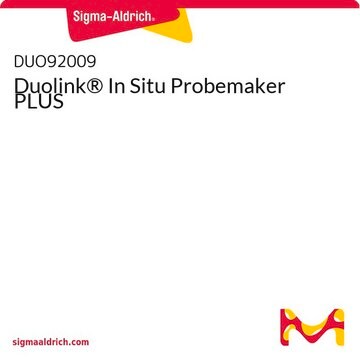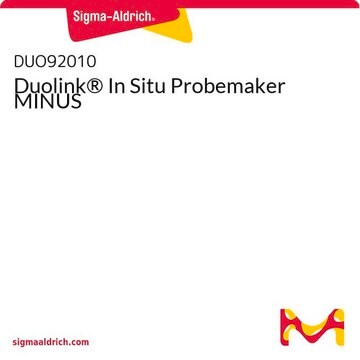SML2047
BPAM344
≥98% (HPLC)
Synonym(s):
BPAM344, 4-Cyclopropyl-3,4-dihydro-7-fluoro-2H-1,2,4-benzothiadiazine 1,1-dioxide
Sign Into View Organizational & Contract Pricing
All Photos(1)
About This Item
Empirical Formula (Hill Notation):
C10H11FN2O2S
CAS Number:
Molecular Weight:
242.27
UNSPSC Code:
12352200
NACRES:
NA.77
Recommended Products
Assay
≥98% (HPLC)
form
powder
color
white to beige
storage temp.
2-8°C
SMILES string
O=S1(C2=CC(F)=CC=C2N(C3CC3)CN1)=O
Biochem/physiol Actions
BPAM344 is a potent positive allosteric modulator (PAM) on the three KAR subunits GluK1b, GluK2a, and GluK3a. BPAM344 potentiates glutamate-evoked currents of GluK2a 21-fold, and noticeably decreases desensitization kinetics (from 5.5 to 775 ms).
Storage Class Code
11 - Combustible Solids
WGK
WGK 3
Flash Point(F)
Not applicable
Flash Point(C)
Not applicable
Certificates of Analysis (COA)
Search for Certificates of Analysis (COA) by entering the products Lot/Batch Number. Lot and Batch Numbers can be found on a product’s label following the words ‘Lot’ or ‘Batch’.
Already Own This Product?
Find documentation for the products that you have recently purchased in the Document Library.
Christian Krintel et al.
Biophysical journal, 110(11), 2397-2406 (2016-06-09)
The 1,2,4-benzothiadiazine 1,1-dioxide type of positive allosteric modulators of the ionotropic glutamate receptor A2 (GluA2) are promising lead compounds for the treatment of cognitive disorders, e.g., Alzheimer's disease. The modulators bind in a cleft formed by the interface of two
Ann-Beth Nørholm et al.
Journal of medicinal chemistry, 56(21), 8736-8745 (2013-10-18)
Positive allosteric modulators of ionotropic glutamate receptors are potential compounds for treatment of cognitive disorders, e.g., Alzheimer's disease. The modulators bind within the dimer interface of the ligand-binding domain (LBD) and stabilize the agonist-bound conformation, thereby slowing receptor desensitization and/or
Anja Probst Larsen et al.
Molecular pharmacology, 91(6), 576-585 (2017-04-01)
Kainate receptors (KARs) consist of a class of ionotropic glutamate receptors, which exert diverse pre- and postsynaptic functions through complex signaling regulating the activity of neural circuits. Whereas numerous small-molecule positive allosteric modulators of the ligand-binding domain of (
Our team of scientists has experience in all areas of research including Life Science, Material Science, Chemical Synthesis, Chromatography, Analytical and many others.
Contact Technical Service




![[Arg8]-Vasopressin acetate salt ≥95% (HPLC)](/deepweb/assets/sigmaaldrich/product/structures/282/717/a4c16d4f-e168-4d84-a0e3-59de3e06251e/640/a4c16d4f-e168-4d84-a0e3-59de3e06251e.png)



